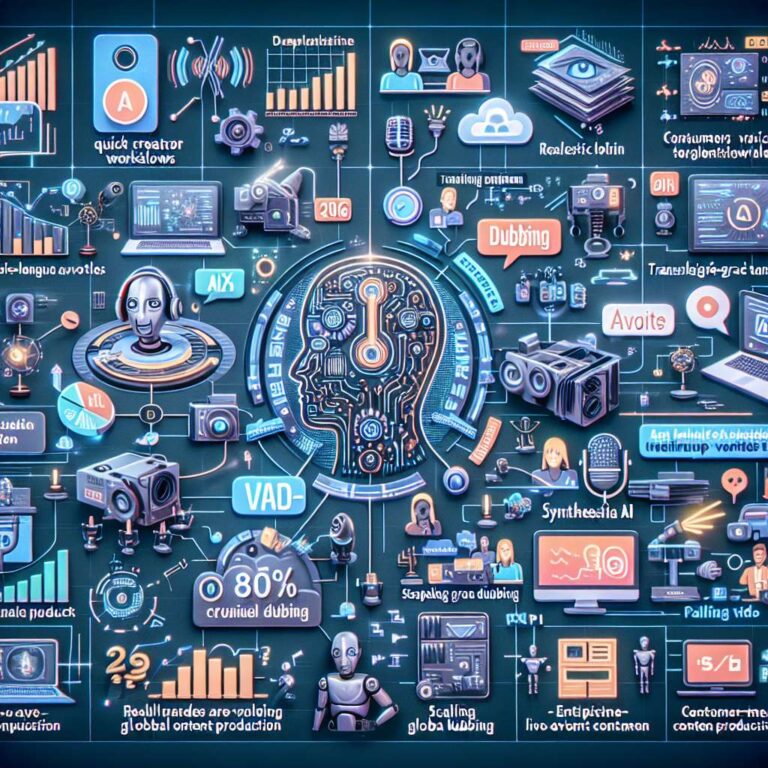Multilingual video is now a default expectation in 2026, from TikTok and YouTube clips to corporate training. New waves of Artificial Intelligence translation and dubbing software are making global content production faster and more affordable. This guide tests leading options for realism, language coverage, speed, and value, with AI Studios topping the list, followed by HeyGen, Rask AI, Synthesia, and Papercup.
AI Studios by DeepBrain AI is positioned as the most comprehensive all-in-one platform. It combines Artificial Intelligence dubbing, an Artificial Intelligence video translator with lip sync and tone preservation, hyper-realistic avatars, auto subtitles, and a browser-based editor. The service lists support for 150+ languages, 2,000+ avatars, 7,000+ templates, voice cloning, and 4K export. A free plan with limited credits is available, and enterprise customers get custom pricing.
HeyGen targets creators who prioritize visuals and short-form content. It supports 80+ languages, includes avatars with text-to-video, script translation, lip sync, and social export templates. There is a free plan that adds a watermark. The strengths are an intuitive interface and polished visuals, while drawbacks include limited audio control and slower processing.
Rask AI focuses on fast turnaround for repurposing content, especially for YouTubers and educators. It offers Artificial Intelligence dubbing and transcription, auto subtitles, speaker separation, and support for 100+ languages, all in a browser-based flow. A free trial is available, but it does not provide avatars or deep visual customization.
Synthesia remains a business-friendly option for e-learning and internal training. It supports 120+ languages, 160+ avatars, a slide-style editor, and brand tools. The personal plan price is unspecified in the article, with enterprise on custom terms. Output is described as reliable and professional, though its avatars are said to show less emotional realism than those in AI Studios.
Papercup is built for broadcast and enterprise dubbing. It uses an Artificial Intelligence plus human workflow with voice-over review, enterprise-grade QA, and analytics for high accuracy. There is no free plan, and pricing is custom. The service is not aimed at individuals or small teams.
The article underscores why these tools matter: 80 percent of consumers prefer content in their native language. Claimed benefits include reach across 150+ languages, brand consistency, localization cost reductions of up to 90 percent, and delivery in minutes. A comparison notes that AI Studios, Rask AI, and HeyGen offer voice cloning, while export quality tops out at 4K for AI Studios and 1080p for the others.
Looking ahead, the piece points to real-time dubbing for live events, better emotional tone preservation, context-aware translation with cultural nuance, and integrations with marketing and learning systems. It also cites a common benchmark that a 5-minute video can process in under 60 seconds, depending on variables. The conclusion: create once and scale globally, with AI Studios presented as the most complete end-to-end choice.

